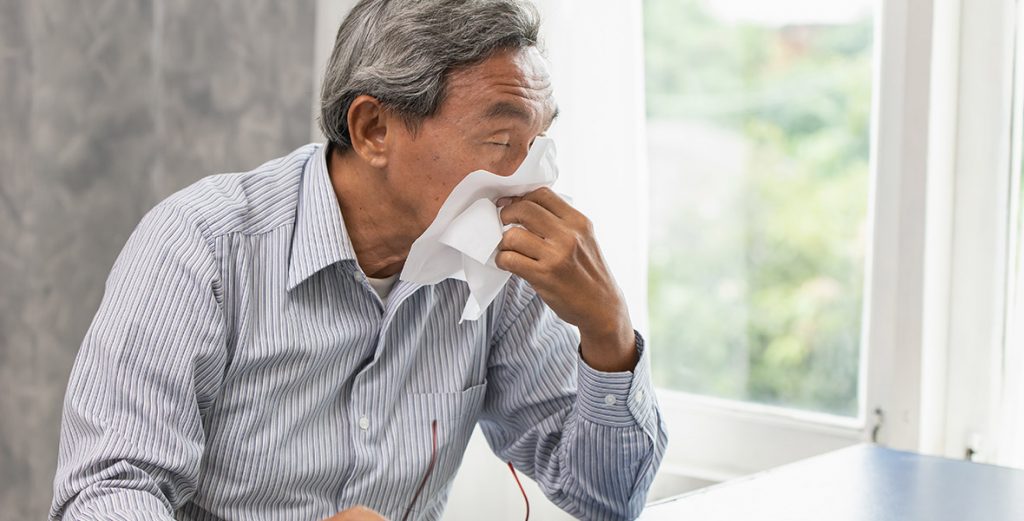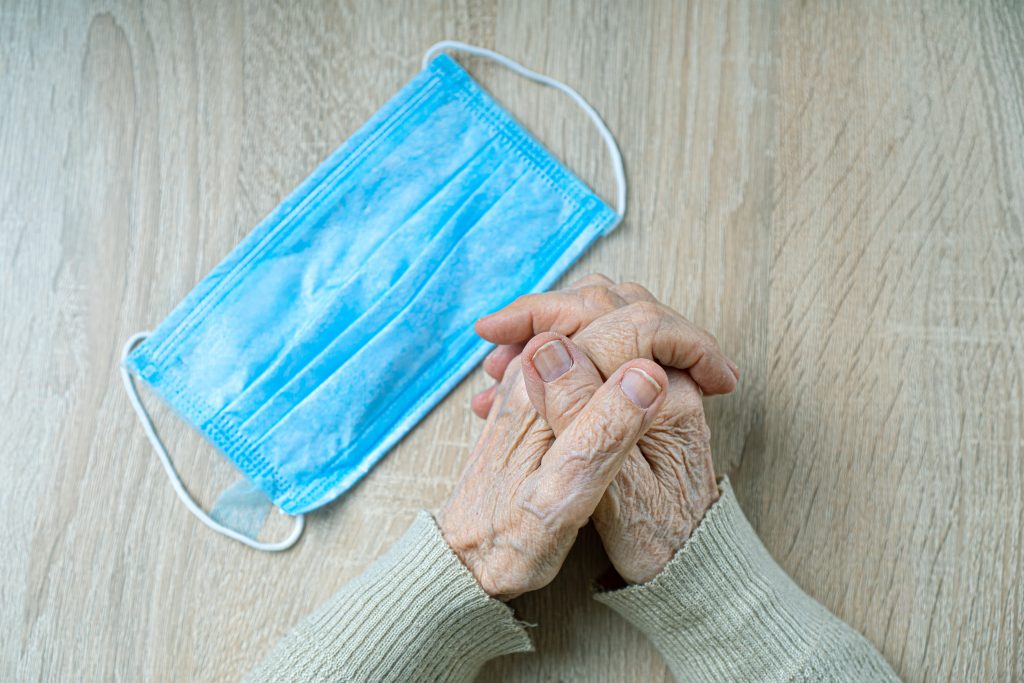National Blood Cancer Awareness Month
There are many different kinds of cancer and one of them is a blood cancer. Any kind of cancer is difficult to deal with and people will need the support of loved ones and the medical attention that they need. One way of providing support is having a National Blood Cancer Awareness Month which happens in the month of September.
During National Blood Cancer Awareness Month people need to be aware of what blood cancer is and the types that can occur in friends and family. There are many ways that people can help others that are affected by this disease and they should stay tuned for any ways that they can contribute to finding a cure.
What is blood cancer? It is hematologic cancer that starts in the blood marrow. The bone marrow is where the blood is produced that fuels the entire body. When abnormal blood cells start getting out of control is when blood cancer takes over. This interrupts the function of the normal blood cells and it won’t let a person fight off infections or produce the new blood cells that are needed to keep someone healthy.
There are 3 main types of cancer and they are leukemia, myeloma, and lymphoma. Here is some information about each one of them:
1. Leukemia
This is cancer that is in the bone marrow and the blood. There are too many abnormal blood cells that are white that are int the bloodstream. This interferes with the ability of the bone marrow to creat platelets and red blood cells. This can make people very sick and leukemia is very difficult to deal with. People will need to be under a doctor’s care at all times.
2. Myeloma
The multiple myeloma happens in the blood’s plasma cells. This is a white blood cell that is made by the bone marrow. People become very sick with this also. A doctor can help them in many ways when they are diagnosed with this disease.
3. Non-Hodgkin Lymphoma
Developing from cells in the lymphatic system called lymphocytes, can be devastating for people that have it. It is a type of white blood cell that helps to fight off infections and when it is diseased, a person will have all kinds of problems from it.
4. Hodgkin Lymphoma
This is a blood cancer that affects the lymphocytes also. It has an abnormal lymphocyte that is called the REed-Sternberg cell. People suffer in a lot of ways with this blood cancer and they also benefit from the help that their doctors can give to them at any given time. They will do well to keep a positive attitude when they are very sick.
There are many symptoms of blood cancer that people can have. They will want to pay attention to their bodies so that they can get to a doctor for a checkup if they notice that things aren’t going as well as they wanted them too. When people have blood cancer, they should look for these types of symptoms:
- Abdominal discomfort
- Fever, chills
- Persistent fatigue, weakness
- Unexplained weight loss
- Night sweats
- Loss of appetite, nausea
- Bone/joint pain
- Itchy skin or skin rash
- Headaches
- Shortness of breath
- Frequent infections
- Swollen lymph nodes in the neck, underarms, or groin
Donations Are Always Welcome
During the month of September especially and throughout the entire year, donations to help people with blood cancers are always welcomed. The donations help with the research that can happen in order to develop new treatments that will help the people that have this disease. It is imperative that people know that their donations can make a huge difference.
All during September, people with blood cancers need prayers. For those that wish to pray for those that are suffering from the disease, God will hear their prayers so that all cancers can be cured. A cure may happen in the future but for right now, the research is still underway. By donating to the cause, there will someday be a way that cancer is no longer a disease that can ravish someone. Hopefully, this will happen as soon as possible and people can live on for a long time to come.
Share this post:
Better Living for Today
5 Ways To Avoid The Cold and Flu All Year
The cold and flu viruses can cause severe complications and…
Read MoreSocial Distancing & Staying Healthy
With no vaccine in place currently, and no therapeutic treatments…
Read More



